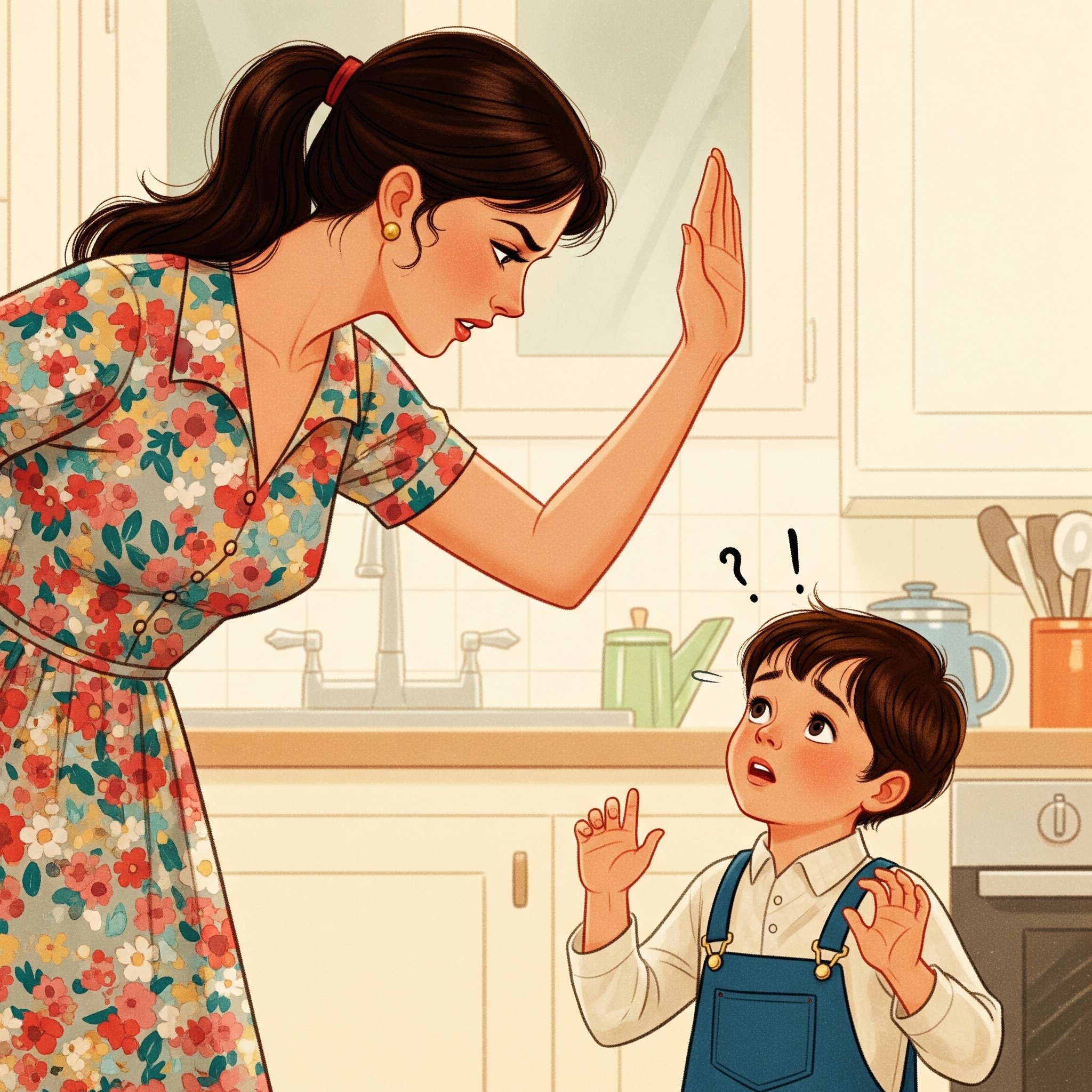Modern parenting increasingly rejects punitive approaches to discipline. As other nations evolve, will England follow suit? While some older generations may dismiss contemporary parenting methods as overly lenient, a critical conversation is long overdue in a country where physical discipline, such as smacking or spanking, remains legal.
Even verbal aggression can have a profound impact on a child's developing brain. The psychological repercussions of experiencing hostile, demeaning, or humiliating language during childhood can be lifelong. As Professor Eamon McCrory, chief executive of the Anna Freud mental health charity, recently noted, "Verbal abuse can profoundly shape our sense of self and whether we feel lovable and confident in navigating an unpredictable world." He added, "As a clinical psychologist, I see in my clients how childhood messages – both negative and positive – shape who they become."
Recently, Michelle Obama openly shared her past use of smacking with her daughters. She reflected, "It took a couple of spankings for me to be like, yeah, you know what, this is a little kid and the fact that I can’t think of any better way to get my point across than to smack somebody on the butt, I felt embarrassed."
Her candidness is commendable, particularly her avoidance of the self-justifying language often employed by adults when discussing their past disciplinary actions. It’s also common to hear those who experienced such punishments minimize their impact. Confronting the reality that people we love and who strive to do their best can sometimes cause us harm is an inherently challenging notion.
The shift towards more child-centered parenting often elicits eye-rolls from older individuals, with phrases like "you're making a rod for your own back" becoming clichéd. However, this evolution toward gentler methods is, in many respects, a direct response to the stricter parenting styles of the past. Despite numerous appeals from charities, children's rights advocates, and, most recently, prominent pediatricians, smacking remains legal in England and Northern Ireland, unlike in Scotland and Wales where it is outlawed.
Eloise Rickman, author of It’s Not Fair, a manifesto for children’s rights, asserts, “Smacking is one of the very few things in parenting where you can say absolutely 100% this is not good for children, either children in the future, or in terms of how it makes children feel now.”
Children universally dislike being shouted at or smacked; such experiences are frightening and upsetting. Yet, how frequently are their voices heard in discussions about these practices? How often are their perspectives given primacy? Why is it assumed that adult voices hold more weight than those of children, and that adults should hold all the power? The UK has ratified the UN Convention on the Rights of the Child, yet its principles have not been fully integrated into English law.

Picture: A mother raising her hand in a threatening manner toward her young son (Gemini)



